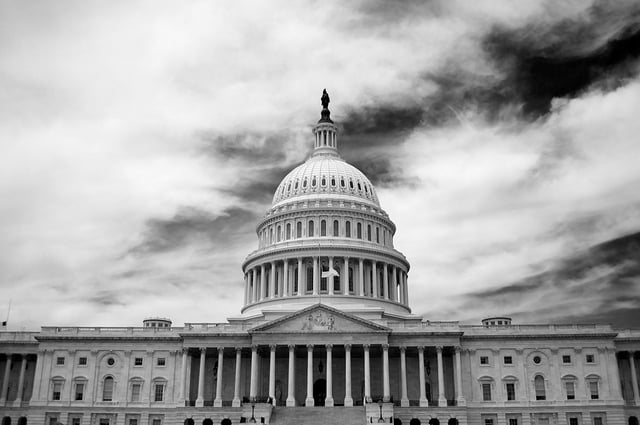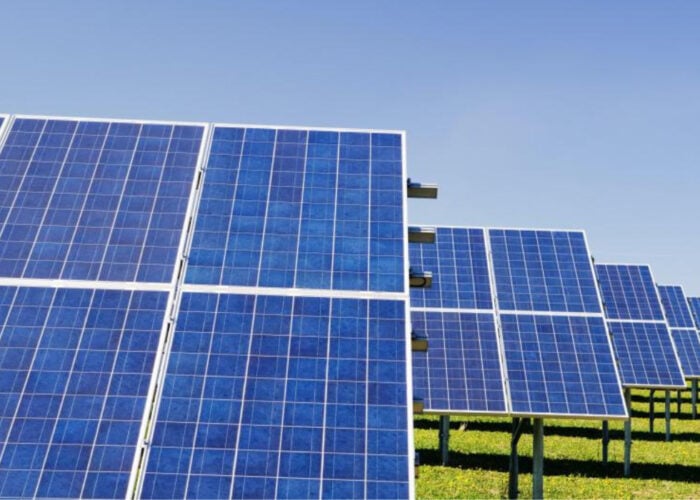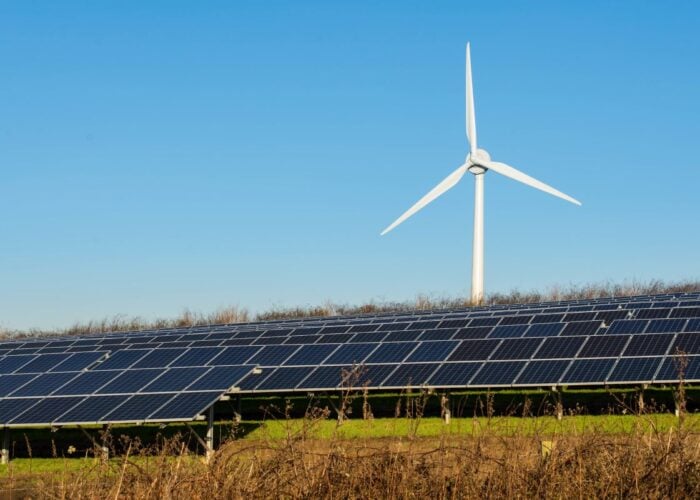
Bankrupt US manufacturer Suniva has filed an anticipated petition requesting a minimum import price (MIP) of 78 cents.
The Section 201 request, the first in the US for 16 years, asks the US International Trade Commission (US ITC) to consider whether imports have been the major factor in the US solar manufacturing industry's woes. If it agrees, it will make a recommendation to the White House with any action ultimately the decision of President Trump.
Unlock unlimited access for 12 whole months of distinctive global analysis
Photovoltaics International is now included.
- Regular insight and analysis of the industry’s biggest developments
- In-depth interviews with the industry’s leading figures
- Unlimited digital access to the PV Tech Power journal catalogue
- Unlimited digital access to the Photovoltaics International journal catalogue
- Access to more than 1,000 technical papers
- Discounts on Solar Media’s portfolio of events, in-person and virtual
The tariffs would be applied to any module not produced in the US unless catered for in the design of any trade remedies. According to the petition, seen by PV Tech, the floor price would fall to 72 cents in the second year, 69 cents in year three and 68 cents in year four.
A similarly structured price floor on cells would start at 40 cents per cell falling to 33 cents by year four.
Abigail Ross Hopper, president and CEO of the Solar Energy Industries Association (SEIA), said:
“While we have not had a chance to fully review Suniva’s petition to the International Trade Commission, we strongly urge the federal government to find a resolution that bolsters the competitiveness of American solar cell and panel manufacturing, which employs approximately 2,000 people in the US, without erecting new trade barriers. SEIA opposes any resolution that restricts fairly-traded imports of solar equipment through new tariffs or other barriers that endanger the livelihoods of the 260,000 American solar workers and their families living in every state in the Union.”
SolarWorld, the petitioner in the previous two US solar trade complaints against unfair Chinese trade practices, said it was yet to decide whether it backed Suniva's case.
| Minimum module price per W (US cents) | Minimum price per CSPV cell (US cents) | |
|---|---|---|
| Year 1 | 78 | 40 |
| Year 2 | 72 | 37 |
| Year 3 | 69 | 34 |
| Year 4 | 68 | 33 |







